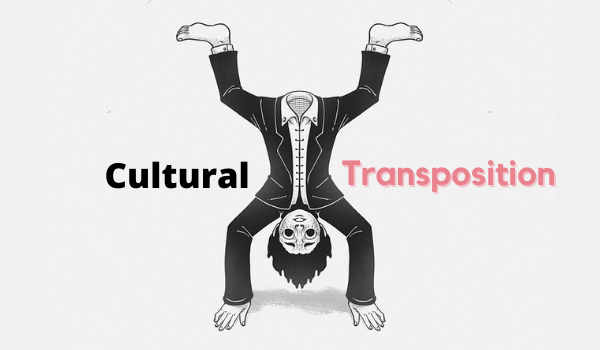When new talent is acquired by any organisation, helping the new recruits become familiar with the existing culture, behaviour, environment and operational methodology of the organisation is a vital part of the onboarding process.
Traditionally, it is the employees who adapt to the culture and environment of the organisations they join, but what if the company needs to adapt to some of the working styles of the employees? Along with fresh talent comes innovation, which allows organisations to touch upon the areas they have never really ventured into. This, in turn, brings success to the organisations.
“A company may hire people with different sets of behaviours and values, without compromising on the core values of the company, only when the company itself has something ‘new’ in its business strategy pipeline.”
Ganesh Chandan, CHRO, Tata Projects
“There are people who come with different styles of working. While some people may like to talk a lot, there may be others who prefer writing mails. So, the management needs to understand these different types of styles in their organisation and identify them. Generally, the organsations do adapt to certain working styles, but it is more visible in the leadership position. It is not the same for all,” says Jayesh Sampat, senior talent advisor, global retail markets, Liberty General Insurance.
Sharing one such instance from his previous company, he says, “We hired an individual who came from a start-up culture. His habit was to take decisions very fast, on his own. When we identified this trait of his, we allowed him to take calls on his own, on certain matters. However, we made it clear to him that there will be certain areas where he will have to consult with other subordinates.”
“There are people who come with different styles of working. While some people may like to talk a lot, there may be others who prefer writing mails. So, the management needs to understand these different types of styles in their organisation and identify them. Generally, the organsations do adapt to certain working styles, but it is more visible in the leadership position. It is not the same for all,”
Jayesh Sampat, senior talent advisor, global retail markets, Liberty General Insurance
‘Diversity in culture’ has been the topic of much discussion. If organisations keep on hiring and building teams with people possessing similar behavioural competencies, there will be no diversity, which ultimately means, no innovation and no new ideas.
That is when the need for cross-culture hiring arises. This also calls for the existing work culture of the company to evolve in order to absorb such people into the organisation.
Ganesh Chandan, CHRO, Tata Projects, agrees that a company may hire people with different sets of behaviours and values, without compromising on the core values of the company, only when the company itself has something ‘new’ in its business strategy pipeline.
“A company will bring in diversity in areas where it is planning to introduce new ideas, new processes or a new line of product in the market,” says Chandan.
Bringing in diverse mindsets into the organisation is always beneficial because that allows the existing workforce to get an opportunity to learn something new and bring innovation to the table.
Sharing his thoughts with HRKatha, Vijay Singh, former VP-HR, JK Cement, says, “The existing workforce can always blend in and adapt to the working styles of other people. And I believe that bringing in people with diverse mindsets — while ensuring that we do not compromise the core values of the organisation— always benefits the company.”
“The existing workforce can always blend in and adapt to the working styles of other people. And I believe that bringing in people with diverse mindsets — while ensuring that we do not compromise the core values of the organisation— always benefits the company.”
Vijay Singh, former VP-HR, JK Cement
Singh also shares a case study, from the time he was working with JK Cement. There was a time when JK Cement strictly hired people from the cement industry alone, without even venturing into construction or building. However, soon this started to change and the firm began hiring people with diverse mindsets and from diverse industries. “We even hired people from the telecom industry in our marketing team, who were not only capable enough to do the job but actually excelled tremendously.”
Chandan also shares that experimenting with the hiring strategy and bringing in new mindsets and innovative people at Tata Projects is an age-old practice. “Our MD loves to hire individuals who stand out from the crowd,” says Chandan smilingly.
As long as we understand and respect each other’s ideas, we can adapt to anything, irrespective of what we have been doing in the past.



